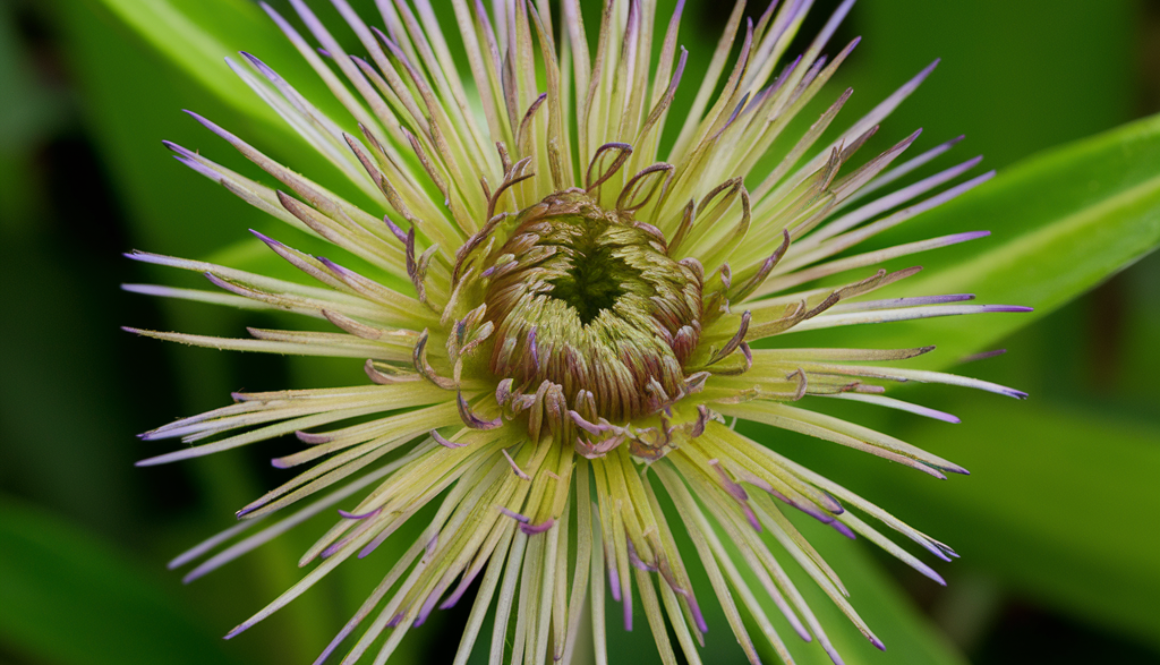Vetiver
Vetiver (Chrysopogon zizanioides) is a resilient perennial grass native to India, celebrated for its robust root system and fragrant essential oil. This plant is highly valued for its environmental benefits and diverse applications.
Parts Used:
The roots of Vetiver are primarily used. These roots are prized for their aromatic and therapeutic properties, making them essential in various industries.
Usage:
Vetiver roots are the source of essential oil, widely used in aromatherapy for its calming effects and in perfumes and skincare products. The roots are also utilized in traditional medicine to treat fever, headaches, and digestive issues, and they serve as natural insect repellents against termites and mosquitoes. Additionally, Vetiver’s deep root system is excellent for soil erosion control and land stabilization.
Agrotechniques:
Vetiver thrives in tropical and subtropical climates with full sun exposure. It adapts to various soil types but prefers slightly acidic to neutral soils (pH 6.5-7.5). Soil preparation involves ploughing and weeding. Propagation is typically through slips (vegetative cuttings), planted 10-15 cm apart in rows spaced 1 meter apart, ideally at the onset of the rainy season. Regular weeding and mulching help retain soil moisture and control weeds. While drought-tolerant, occasional watering during dry periods boosts growth. Roots are harvested 18-24 months after planting, dug out, washed, and dried for essential oil extraction or other uses.
Vetiver is a versatile plant offering significant environmental, aromatic, and medicinal benefits, making it a valuable addition to sustainable agricultural practices.

